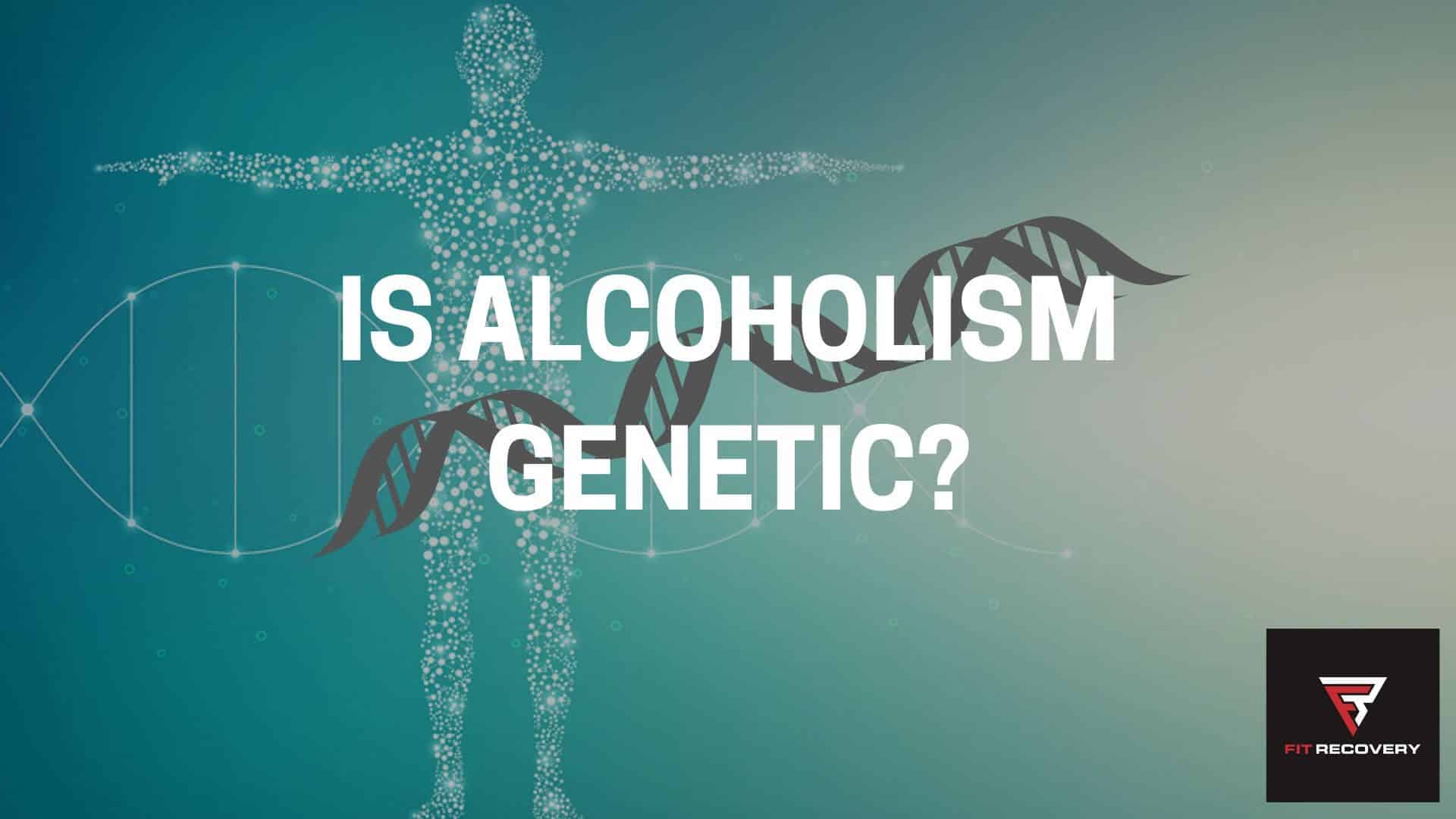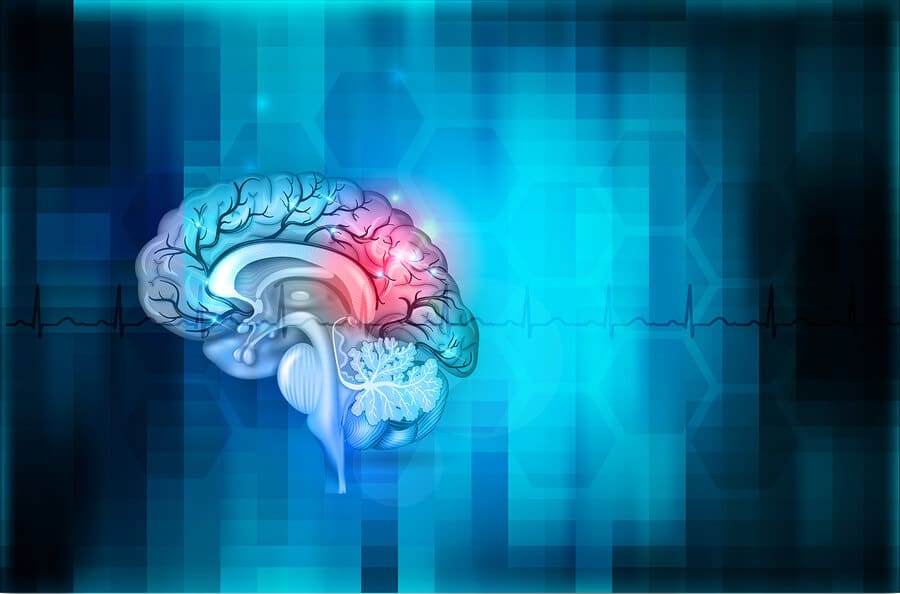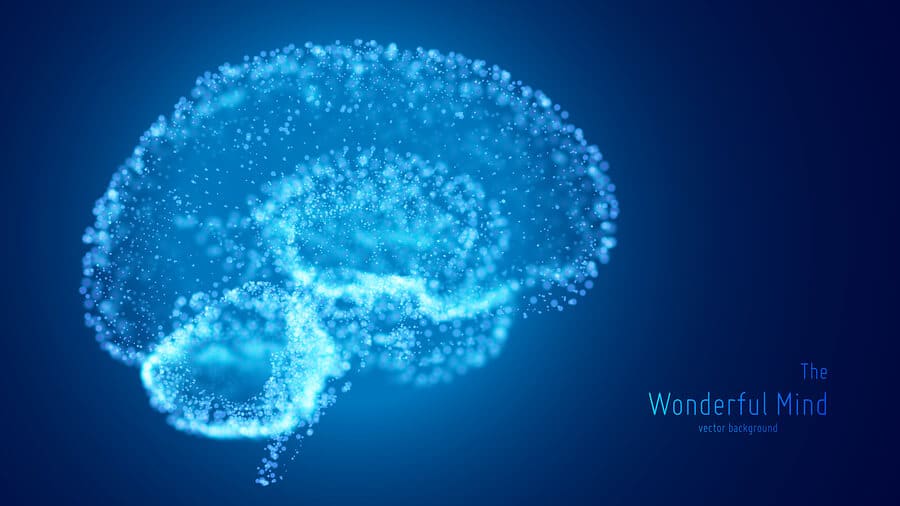“Is alcoholism genetic?” is a prime example of a question that cannot be adequately answered in one sentence.
Alcoholism is a complex disorder, in part because alcohol’s effects in the body are vast and varied. However, I can say with a high degree of confidence that every case of alcoholism involves two factors:
- A decision to join the cultural majority in drinking alcohol
- Biochemical predisposition to alcohol addiction
Is Alcoholism Genetic?
It’s not hard to understand why high school or college kids experiment with alcohol, or why people who have avoided alcohol might ultimately join their coworkers for drinks after work. We’re human beings, and we tend to cave to peer pressure (even though this mindset can be reversed).
The real question is: What creates the biochemical predisposition toward alcoholism in the first place? As we will see, this predisposition involves one of two components (or both):
- Genetic factors
- Events or experiences that alter brain chemistry
We will now proceed to discuss some of the genetic and non-genetic root causes of alcoholism. In so doing, we will give important answers to the question of whether alcoholism is genetic.
We will also see why mainstream answers to this question (“Of course!” or “Of course not!”) are oversimplified. This is tragic, because we will not make progress in treating a condition whose nuances we do not try to understand.
What Can Cause a Person to Be an Alcoholic?
Nearly 1,000 Genetic Correlations
Alcohol use disorder (AUD) is the medical term for alcoholism, which exists on a spectrum of severity. There are actually two spectrums that apply to alcohol addiction – one that compares variations in severity between individuals, and another that accounts for variations in severity for the same person across an extended period of time.
Alcoholism is not a static condition. It often begins as scattered binges and progresses to mild dependence before elevating into a full-blown cycle of prolonged binges, withdrawal, and relapse.
Since alcoholism usually progresses over a number of months or years, most alcoholics do not suspect a problem until it has manifested in obvious ways. At this point, withdrawal symptoms tend to prevent people from quitting right away.
For many people who struggle with alcoholism, complex genetic factors are at play.
What do I mean by genetic factors?
Researchers at Purdue and Indiana University have identified 930 genes that are associated with alcohol addiction. (source) Furthermore, scientists estimate that genetics account for about half the risk of becoming alcohol dependent. (source)
Instead of reviewing how all 930 genes (and probably more) influence the likelihood of developing alcoholism, we will briefly explore three genes that have been pinpointed in recent research:
- The Nf1 (neurofibromatosis type 1) gene affects GABA signaling in the brain. In a study, mice with intact Nf1 genes continued to drink past intoxication levels, while mice with the Nf1 gene partially deleted did not. Further genetic testing of 9,000 alcoholic people showed a significant positive correlation between Nf1, alcoholism, and severity of alcoholism. (source)
- The GABRG3 gene also affects GABA signaling. A study of 10,000 alcoholic patients and their families discovered consistent variations in this gene that were not generally found in non-alcoholic people. (source)
- The CYP2E1 gene determines how a particular enzyme (alcohol dehydrogenase) metabolizes alcohol once it reaches the brain. A large scale study showed that a variant of this gene makes people more sensitive to alcohol – i.e., it turns them into “lightweights” – and therefore more averse to drinking large amounts, and less likely to become addicted to alcohol. (source)
I have a few observations about the genetic underpinnings of alcoholism:
1) It’s not surprising that there are correlations between alcoholism and genes that regulate GABA.
One of the most immediate pleasant effects of drinking is a surge in GABA and suppression of glutamate, and prolonged alcohol exposure leads to skewed neurotransmission with regard to GABA and glutamate. You can read more about this GABA/glutamate mechanism in my article on the alcohol withdrawal timeline.
At the same time, there is equally important research on the correlations between alcoholism and genes that regulate dopamine, serotonin, acetylcholine, and a number of other neurotransmitters affected by alcohol.
2) Genes clearly impact the metabolism of alcohol.
A significant percentage of East Asian people experience severe facial flushing when they drink because of a genetic inability to break down alcohol’s most toxic byproduct, acetaldehyde. Research has shown that East Asians who continue to drink heavily despite this genetic variant are at markedly increased risk for health problems. However, in most cases, the reaction itself is so unpleasant that many tend to avoid alcohol – thus reducing the risk of alcoholism.
Unfortunately for most alcoholics, the genes that affect their metabolism of alcohol – causing imperceptible alterations in their brain chemistry each time they drink – do not come with easily identifiable symptoms like facial flushing. Both withdrawal symptoms and cravings can progress so gradually that they seem to appear out of the blue.
3) Genes that are correlated with mental health disorders are also correlated with alcoholism.
People who suffer from mental health disorders like schizophrenia or bipolar disorder are more likely to turn to alcohol in a subconscious attempt to self-medicate. (As an interesting aside, 90% of schizophrenics smoke cigarettes – possibly because nicotine stimulates dopamine receptors that are severely malfunctioning in schizophrenic people.) It’s estimated that mental illness raises the risk of alcoholism by 20%. (source)
Anxiety and depression increase the risk of alcohol addiction, although the majority of alcoholics suffer from these conditions as symptoms of withdrawal – rather than as primary underlying causes. (It is very easy to conflate temporary, yet still protracted, withdrawal symptoms with serious underlying disorders.)
Here is a brief list of some genetic conditions that are found very often in people who become addicted to alcohol:
- Genetic deficiencies in neurotransmitter function (especially GABA, serotonin, or dopamine) (source)
- Enzymes in the liver or brain that metabolize alcohol differently (source)
- Genetic inability to convert PGE1 into GLA, a nutrient necessary for mood stability (interestingly, GLA-deficient alcoholics drink because alcohol enables this conversion; they could just take a GLA supplement) (source)
- Pyroluria, a genetic blood disorder that results in severe zinc and vitamin B6 deficiencies, ruining mental health (source)
- Genetic abnormalities in brain receptor upregulation/downregulation in response to alcohol (source)
Family history is the easiest way to quickly identify your risk of alcoholism.
As genetic testing becomes more widespread and affordable, we will eventually reach a point at which young people can more precisely identify their genetic risk factors before they decide to start drinking.
The Role Of Environment
Alcoholism is also correlated with complex conditions that can be classified as environmental:
- Post-traumatic stress disorder (PTSD)
- Prenatal alcohol exposure
- Chronic stress
- Vitamin and mineral deficiencies
All of the conditions listed above can alter brain chemistry in ways that make alcoholism more likely.
PTSD can cause chronic imbalances in important neurotransmitters. Repeated episodes of prenatal alcohol exposure can rewire the brain of a fetus and forever alter its destiny with alcohol. Chronic stress and malnutrition can both cause neurotransmitter deficiencies, leading people to artificially boost their levels of GABA, serotonin, and dopamine with alcohol.
Since prolonged alcohol exposure depletes neurotransmitter levels over time, it creates a need for itself to fill in for these diminished levels. In other words, alcohol is inherently addictive, and addiction is theoretically possible for anyone who drinks enough to damage their biochemistry and rewire their brains.
I will say that in the course of my private coaching, I have not come across many people without a family history of alcohol addiction. Environmental factors usually serve as catalysts for episodes of heavy drinking that people then find themselves repeating, and eventually having trouble extricating themselves from. The genetic component does appear to be very strong.
The complexity of the interplay between genes and environment in alcohol addiction is less important than the observation that alcoholism is a biochemical disorder.
In my own experience, once I had this epiphany, I immediately knew that there had to be things I could do to proactively repair my brain and fix my life. Once environment enters the picture, so does free will, and we see that we are not doomed to live bleak lives as perpetually relapsing alcoholics.
The Role Of Choice
I’ll state the obvious: Among people who never drink in their lives, 0% are alcoholics. They may have all of the genetic conditions required for a problem to develop quickly. But if they never drink, they will never struggle with alcoholism.
Beyond this initial choice, the progression of alcoholism is usually imperceptible to the alcoholic. Our culture is such that heavy drinking is rarely seen as cause for concern. On any given weekend, it can be extremely difficult to separate the alcoholics from the non-alcoholic binge drinkers.
Especially for the alcoholics, who will reach a point at which they lack the mental clarity to ponder the nature of alcoholism. Why? Because their midbrains have been rewired by new dopamine-laced pathways associated with alcohol. And their prefrontal cortexes are inundated by URGENT impulses, telling them to figure out how to get more alcohol ASAP.
To the extent that people are aware of their own family history of alcoholism, it is commendable to avoid drinking alcohol heavily or frequently. But in our culture of heavy drinking, I do not think the reverse is true. In other words, I do not think that people should live in shame if they swore never to be like their alcoholic mothers or fathers, yet end up repeating their experience anyway.
Alcoholism is counterintuitive precisely because it hijacks free will until its biochemical chains are broken. It is not easily comprehended by people who have not experienced it firsthand.
The Multiple Forms Of Alcoholism
The complexity of alcoholism and its various forms has been established in experiments with rats. While most rats prefer water to alcohol, researchers have created a breed of alcoholic rat over the course of several decades by selectively breeding the ones that drank alcohol compulsively and to intoxication.
And even within this breed of alcoholic rat, there are variations in responses to alcohol and drinking patterns:
Choosing and breeding the rare rats that would take a tipple of pure grain alcohol eventually yielded a line of rats that compulsively drank to excess, preferred alcohol to water, drank to maintain intoxication, performed tasks to receive alcohol and showed signs of withdrawal if alcohol was absent.
Still, rats responded to intoxication in individualized ways, Zhou said.
“Under the influence of alcohol, some rats became docile and fell asleep in a corner while others became aggressive,” he said. (source)
The above mirrors the variations seen in human alcoholics. Some drink themselves to sleep every day at the same time, perhaps overcompensating for a genetic GABA deficiency. Others experience a surge in dopamine and always manage to pick fights after drinking.
Acknowledging the genetic basis of alcoholism does not excuse any particular form of behavior itself. With alcoholism, we have a similar moral dilemma as with people unknowingly suffering from brain tumors who suddenly become violent.
It is not helpful to dissolve the moral agency of individuals or to deny that they have, somewhere deep within them, the capacity to exert their will and do whatever it takes to fix their biochemistry.
Instead, I think that the solution is threefold:
- Help alcoholics perceive the need for massive change in their brain chemistry (and circuitry)
- Equip them with tools required to make those changes
- Show compassion as they try their best to rewire their brains – and thereby make alcoholism a part of their past.
Concluding Thoughts
I hope you have found this article useful in thinking about the genetic basis for alcoholism. I want to close with a reason for optimism…
Genetic predisposition is not the same thing as genetic determinism.
No one is genetically determined to do anything, much less live a miserable life as an alcoholic. Choice, or free will, usually has little to do with the development of alcohol addiction – but it has everything to do with recovery.
One thought can change the course of an entire life – especially if it is coupled with the resolve to do whatever it takes to conquer alcoholism. You will find numerous, informative articles on this site that address the specifics of transcending alcohol for good.
If you have any questions about our original question – “Is alcoholism genetic?” – please leave them in the comment box below.
Author
-
Chris Scott founded Fit Recovery in 2014 to help people from around the world dominate alcohol dependence and rebuild their lives from scratch. A former investment banker, he recovered from alcohol dependence using cutting-edge methods that integrate nutrition, physiology, and behavioral change. Today, Chris is an Alcohol Recovery Coach and the creator of an online course called Total Alcohol Recovery 2.0.
View all posts













